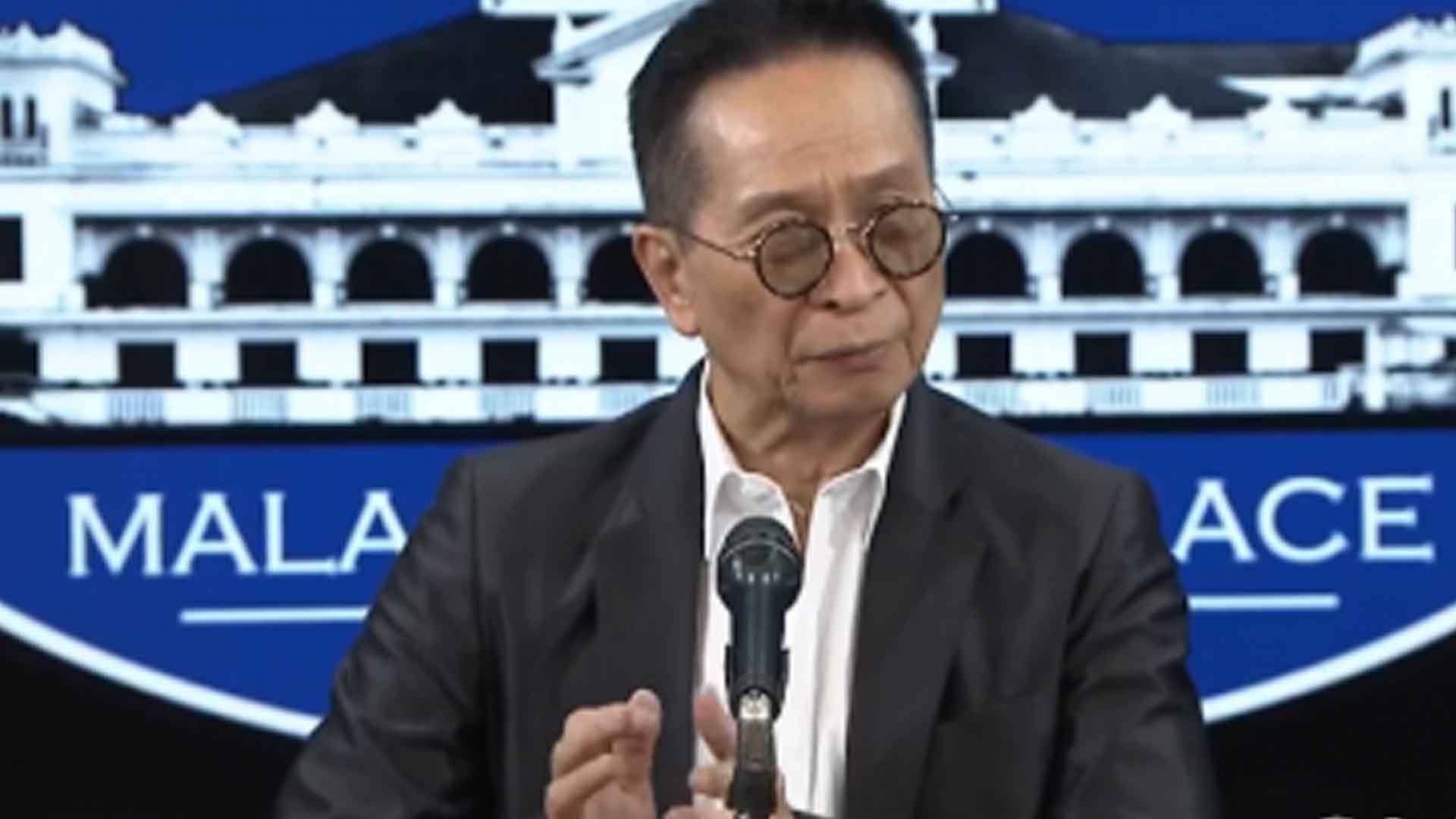Malacañang will not stop Philippine Ambassador to US Jose Manuel Romualdez from holding discussions with the US counterparts about another possible military deal between the Philippines and the United States that could replace the scrapped Visiting Forces Agreement (VFA).
Presidential Spokesperson and Chief Presidential Legal Counsel Salvador Panelo said Romualdez is free to hold meetings with US counterparts on the matter because it is part of “diplomacy.”
“I don’t think you can stop the Ambassador [Romualdez] from entertaining initiatives coming from his counterpart,” Panelo said in a Palace press briefing on Monday.
On Friday, Romualdez bared that talks are ongoing between Manila and Washington to “come up with something similar” to VFA.
Panelo dismissed the discussions as “exploratory talks” since President Rodrigo Duterte has not given him the authority to negotiate with his counterpart, US Ambassador to the Philippines Sung Kim, to craft a new military agreement between the two countries.
He said these talks could be of “future use” but he did not elaborate what he meant by it.
“Whatever. Baka (Perhaps) they want to talk. Hayaan mo na silang mag-usap (just let them talk),” he said.
Meanwhile, he maintained that Duterte remains firm in his decision to terminate the VFA and eventually the 1951 Mutual Defense Treaty (MDT) and the 2014 Enhanced Defense Cooperation Agreement (EDCA) with the US.
“The position of the President remains unchanged,” he said.
Signed in 1998, the VFA allows American forces to enter the Philippines without passport and visa to allow them to participate in joint military drills in the host country.
The Philippines sent a formal notice of termination to the US on February 11. It will take effect 180 days after the US received the termination notice.
Meanwhile, the MDT seeks to step up the defense and security cooperation between the US and Philippine troops, while EDCA aims to enhance military ties in maritime security and domain.
The other existing military pact between the Philippines and Washington is the 1947 Military Assistance Agreement, which intends to give advice and training to the Armed Forces of the Philippines through the Joint US Military Assistance Group.
Panelo reiterated that Duterte revoked the VFA because he wants to push for an independent foreign policy where the Philippines relies on its own.
Duterte’s decision came following the cancellation of the US visa of his ally, former Philippine National Police (PNP) chief and Senator Ronald dela Rosa.
Apart from dela Rosa’s canceled US visa, the travel ban imposed on Philippine officials linked to Senator Leila de Lima’s arrest, the American senators’ call to release de Lima, and the passage of the Senate resolution condemning Duterte’s drug war were also the among reasons for the VFA revocation.
Ready to face consequences
Asked if Palace had concerns regarding the possible removal of preferential treatment on its exports to the US, Panelo said the government is ready to face the consequences that go with Duterte’s desire to have an independent foreign policy for the Philippines.
“If any treaty or agreement is abrogated then necessarily certain consequences will follow. And the President has already said that he has studied that. So we are prepared for whatever consequences that may arise out of the abrogation or termination of any executive agreement or treaty,” he said.
The US is the Philippines’ biggest export market, third-largest trading partner, and fourth-largest import source.
In the meantime, Panelo said other existing military agreements with other countries remain “safe” unless they give Duterte a reason to also scrap the deals.
“As I said, the present agreement with Australia and even with Japan will remain until such time as they… like the US, committed acts that are deemed to be an assault on our sovereignty,” he said. (PNA)





















